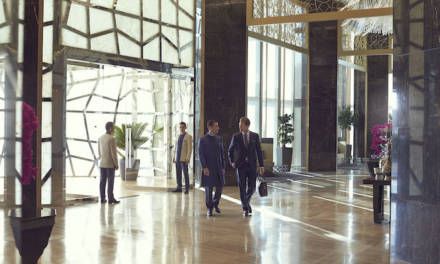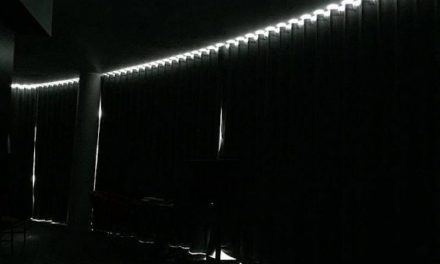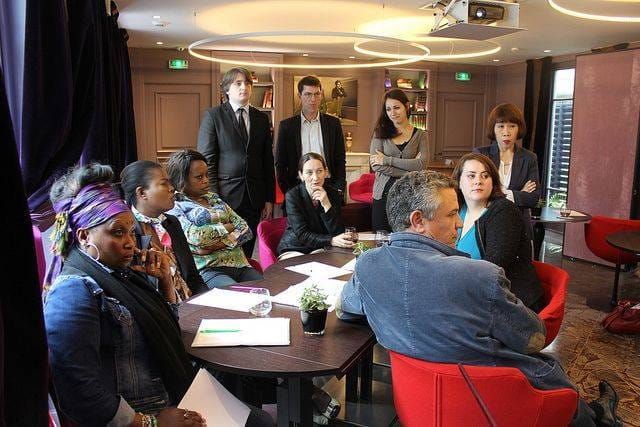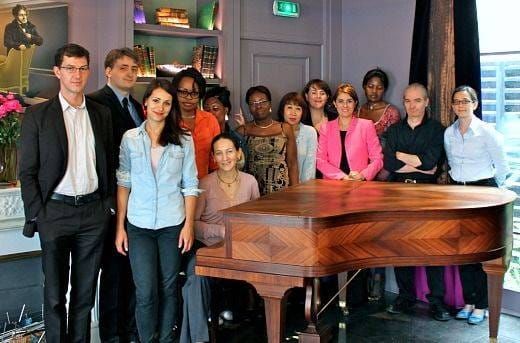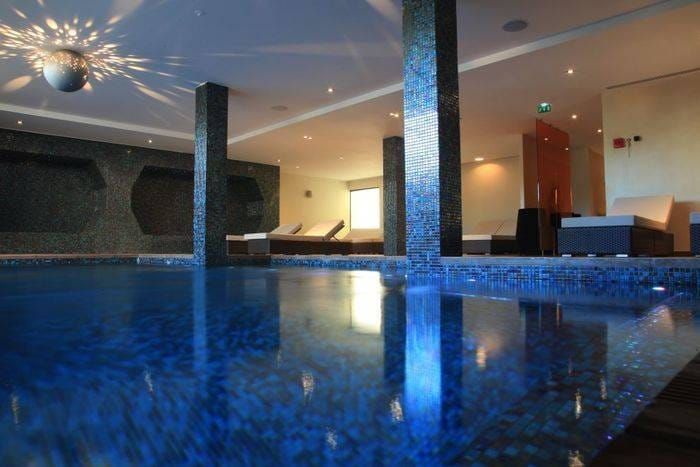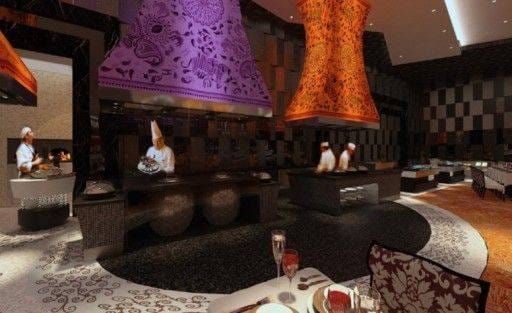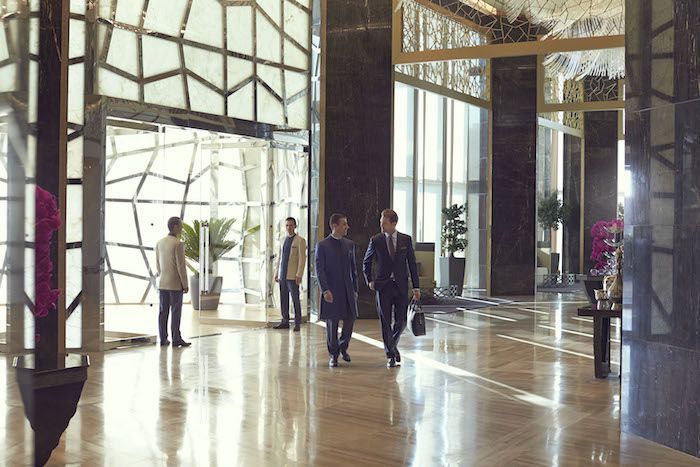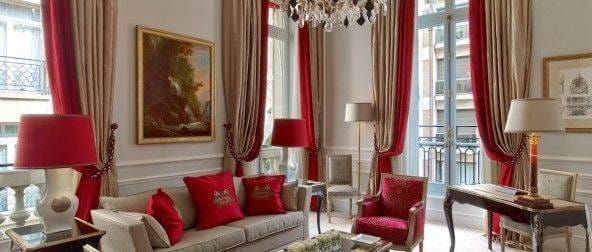Repositioning a Hotel: A True Challenge
Repositioning a hotel reflects a true challenge for an existing hotel structure. It is not an effort from the management alone, or in any case, it shouldn’t be; in my opinion, this would be an assured failure. Repositioning a hotel requires the hotel to assemble and unify its entire team. This may not necessarily be the case for every repositioning, but you have to find the words to involve the teams in order to establish their skill set for the future.
True, there will always be contrarians—just as you will always have people who are motivated to accompany you and provide a wealth of ideas. Don’t forget that staff teams have a daily exposure to the work; they are the ones who know the problem areas in their line of work and, most importantly, the clients with whom they share their needs, their demands, and their vision. Whether this be the cleaning women, the valet, or the receptionist, each person holds his place in the hotel project. Coming from someone who worked on a similar project for a hotel with 350 employees, I can assure you that this is the case. The action was a very positive one that changed the mindset of the teams. Once placed responsible, they were able to succeed in improving their service offerings.
A full-scale hotel renovation is also an opportune time to mobilize staff teams. This, at least, was the case for the manager of the former Odéon Hotel and the now (5-star) Baume Hotel, which just opened this past summer. This hotel now belongs to the Paris Rive Gauche Hotel Group.
The Jardin de l’Odéon Hotel closed its doors in December 2013. The hotel proprietors then undertook extensive work to add on an additional star. These efforts were accompanied with training for staff members designed to provide them with the skill set necessary for them to rise to the level of their hotel. Sylvia Harrault, the Palace Manager, sought to prepare her team during the closing and take advantage of the 7-month renovation period to elevate them to the new standards.
“In terms of budget, this project represented a significant cost that the hotel’s annual training budget was unable to cover. The Jardin de l’Odéon Hotel is a 3-star hotel with 41 rooms comprising 11 employees, and our budget was €1,870. Thus began our search to obtain the necessary funds. The result: the FAFIH agreed to help out up to 13% on the 2013 project, DIRECCTE agreed to up to 60%, and the hotel manager agreed to pitch in up to 27%.
In May 2013, the project was launched with such training as:
- Follow-up workshops in French for 50% of the team
- Workshops in English
- Workshops on stress management (including introductions to theatre and techniques such as sophrology, Qu Qong, and Chinese gymnastics).
When the last client exited the hotel on December 10, 2013, we numbered no more than six in the venture. The others had gone on to pursue their own dreams and personal plans.”
The public sale of all the furniture and objects in the hotel organized in the wake of the closing represented for some the chance to conclude this adventure, which for some people had lasted for 22 years.
In January 2014, the hotel’s employees were placed in 4-star and 5-star hotels around Paris, and one employee was even able to finally pursue her dream of training as an auxiliary nurse, thanks to an exam that she aced brilliantly. The employees rejoined the hotel in the month of May to follow a new training schedule and become ready for the reopening in July.
This 2014 training plan also witnessed 13 new employees joining the team. Everyone will therefore become responsible for writing in the hotel’s new history!
For more information on room rates, click here.
I invite you to discover this film about the closing of the Jardin de l’Odéon Hotel:
Laurent Delporte, an editor and conference speaker, is a strategic expert in the sector of hotels. A visionary, he brings his unique look on hotels in service to the decision-makers in the industry, whether to enhance the development of new projects or strategic visions.
Laurent has visited and audited over 350 hotels across the world and also participates in mystery visits to provide quality control for the world’s finest hotels.


 HOME
HOME